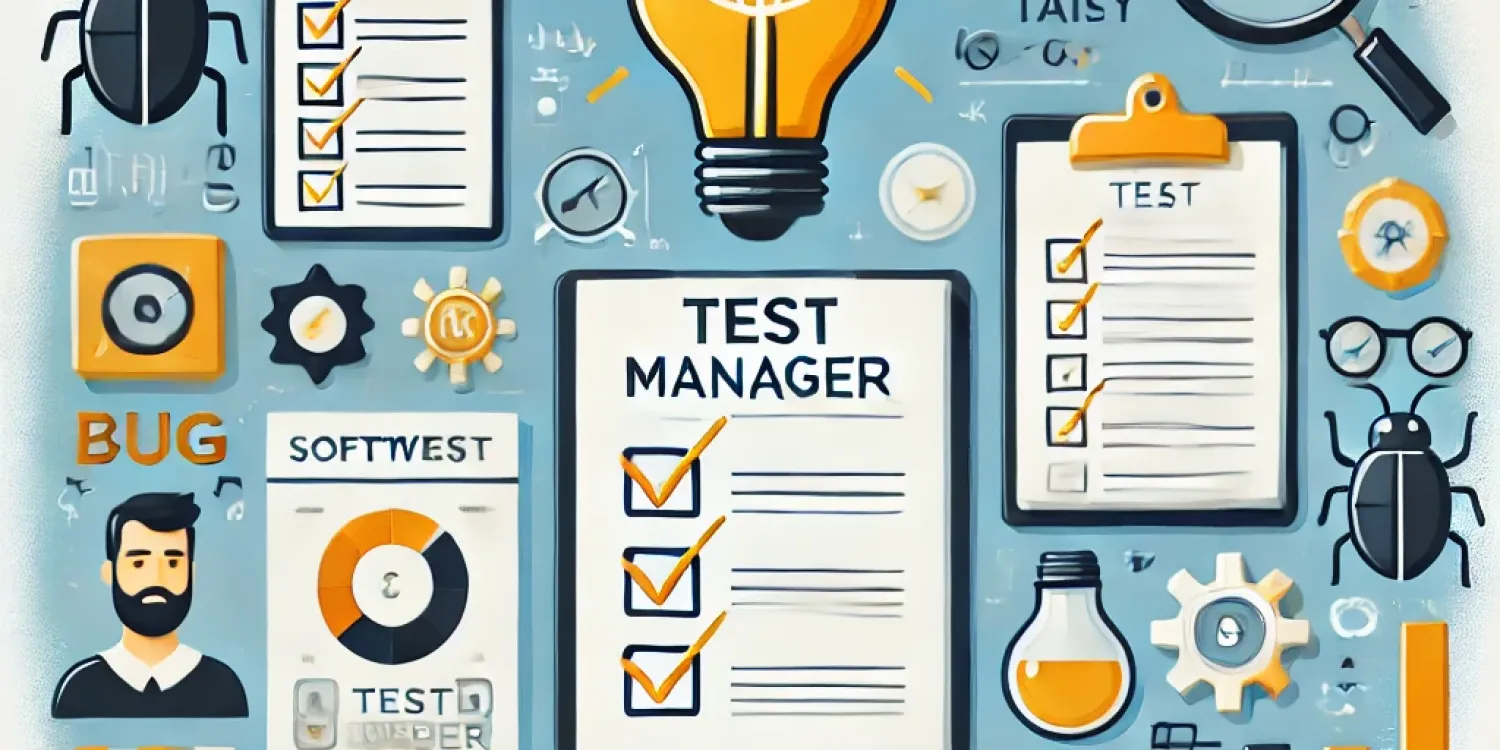
From the diary of a test manager
As is generally known, maintenance of the R3 SAP systems will expire in 2027. Customers who have not switched to S/4 by then will continue to receive support from SAP, but this will be subject to a charge. With this changeover, many companies are once again faced with the challenge and the question: can our business processes be mapped and handled with the S/4 SAP standard? With the new S/4 release, the trend towards “user-friendly use” continues.
The main challenge for the S/4 implementation partners is to explain the new S/4 world to the companies in such a way that they can see what it looked like in the old R3 world and where they can find and execute the new functions in the S/4 system.
I was able to join such a large implementation project as a test manager in fall 2022. The first phase of this project successfully went live at the end of June 2024. During the project setup, it was decided to implement using the SAP Activate methodology (SAP Best Practices, Focused Build, OnPrem SAP Solution Manager). The SAP Best Practices processes were imported into the solution documentation. When selecting the S/4 implementation partner, knowledge and application of the SAP Activate methodology was assumed. In the first step, the rollout was implemented for some offices in Switzerland. A consolidation and preparation phase now follows. In a second step, the remaining approx. 150 offices will be rolled out.
Zurück zu meinem Einstieg in das besagte Projekt. Das Projekt war bereits seit einigen Monaten am Laufen und erste FIT/GAP Workshops mit den Fachbereichen hatten bereits stattgefunden. Bei einigen Fit/Gap Workshops konnte das Test Management teilnehmen und erfasste die Gap’s gleich im entsprechenden Geschäftsprozess-Diagramm. Weiter wurden Bemühungen unternommen, die entsprechenden Ressourcen in der Anwendung der Prozessmodellierung im SAP Solution Manager zu schulen. Doch im Verlauf des Projektfortschrittes, wurden die erkannten Gap‘s aus den Workshops, leider nicht mehr konsequent im Geschäftsprozess-Diagramm (Lösungsdokumentation, Geschäftsprozess) festgehalten. Der Geschäftsprozess ist jedoch ein zentrales Element, auf dessen Basis, Testfälle abgleitet und erstellt werden können. Weiter kann man am Geschäftsprozess-Diagramm bereits früh erkennen, wie viele Testfälle notwendig sind, um diesen Geschäftsprozess vollständig zu testen. Dem Projekt standen bis zu diesem Zeitpunkt, weder Testfälle aus dem R3 SAP System noch Testfälle für das S/4 System zur Verfügung.
In such large-scale projects, the resources of employees with very good knowledge of their business process (product owner, process owner, module owner, etc.) are often required and tied up. For these employees, this is usually additional work to their day-to-day business. How does test management obtain the test cases that are essential for testing and implementing the new solution and who can create these test cases? Due to the resource bottlenecks and the progress of the project, the project has decided to use the S/4 SAP Best Practices test cases.
The test cases (Word) were transferred to an upload file (Excel) and loaded into the solution documentation. The relevant departments were then tasked with reviewing the test cases and adding to them where necessary. Despite S/4 training, the specialist departments had little knowledge of the new S/4 processes up to this point. Closer cooperation with the S/4 implementation partner would have been very important at this point. There were no SAP Best Practices test cases for certain solutions. The project members had to create these manually.
The first test phase was just around the corner and the quality of the existing test cases varied greatly. Efforts were made to adapt, supplement or create new test cases between the test cycles (3 – 4 test phases). Unfortunately, not all sub-projects were able to revise their test cases during the project period.
Conclusion
It is good and practical that SAP provides the SAP Best Practices test cases. However, in very few cases can these test cases be adopted 1 to 1 for the company. They merely serve as a starting point. If no “old” test cases or SAP Best Practices test cases are available, the S/4 implementation partner should definitely be made responsible for creating or adapting them together with the specialist departments.
It is essential that the results of the FIT/GAP workshops are documented in the business process diagram (solution documentation) in real time. Furthermore, test management should be involved in the FIT/GAP workshops at an early stage in order to train the necessary functions in SAP Solution Manager or to be part of the FIT/GAP workshops themselves in order to record the identified GAPs. The test case has not yet been created, but a business process diagram is available from which a test case can be derived. In addition to the test case, the functional specification can also be used to create an initial draft of a test case and to review or supplement it together with the specialist department.
Before the second phase is rolled out, the specialist departments now have the opportunity to revise and adapt their test cases. Test management will initiate, support and lead this process to ensure that the quality of the test cases improves and that they are also reviewed.
You can find out more about this topic here.